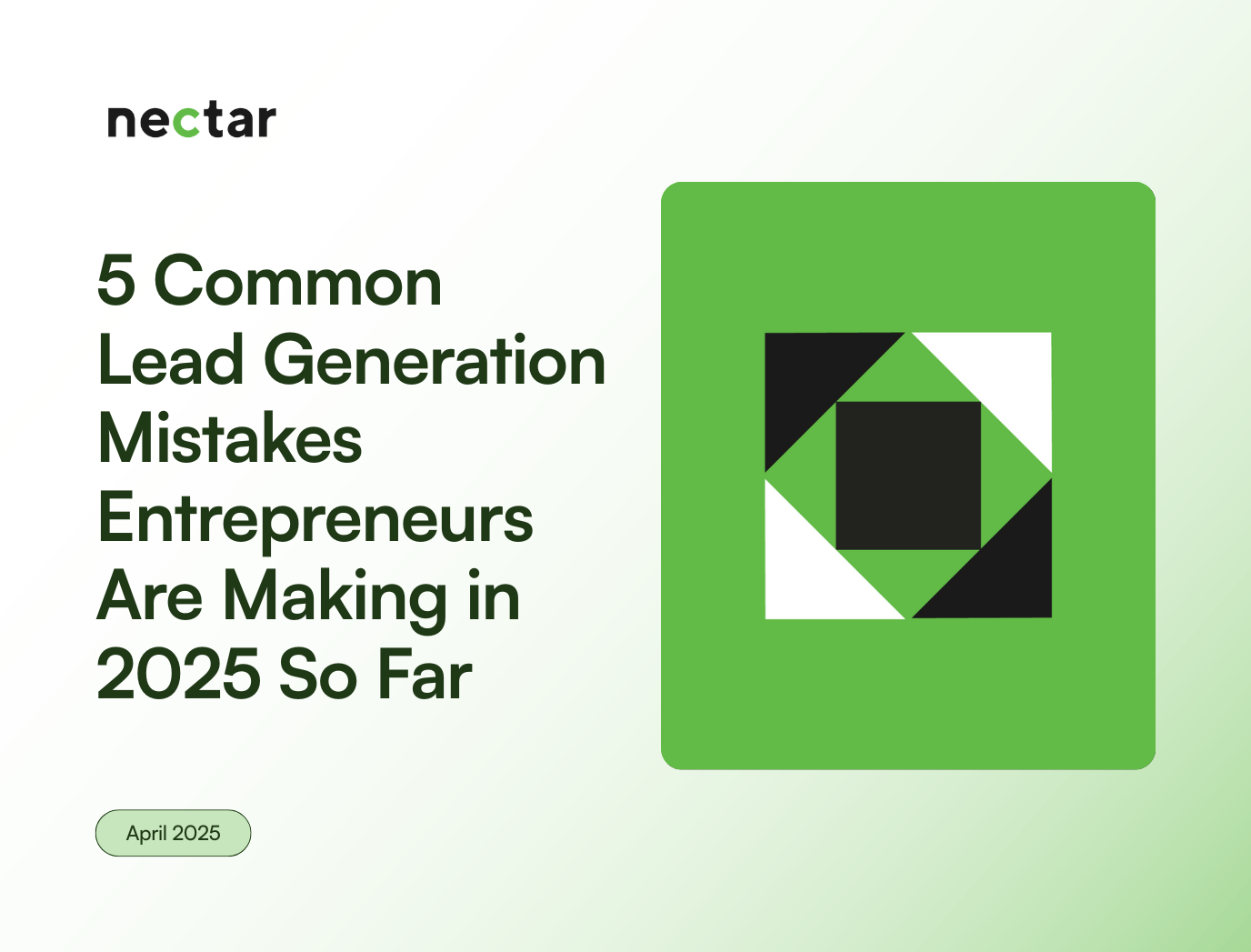Sales teams are spending too much time chasing low-quality leads, which drain resources and slow revenue growth. Despite using advanced CRMs, automation, and paid channels, pipeline efficiency remains a challenge. However, AI lead generation offers a way to boost revenue by focusing on high-intent prospects who are more likely to convert quickly.
Why Sales Teams Are Struggling with Unqualified Leads
Many businesses still rely on traditional methods for lead generation, which often result in poor-quality leads. Sales teams waste valuable time on leads that don’t fit the ideal customer profile, hindering B2B sales performance.
What Are AI Qualified Leads?
AI-qualified leads are generated using AI-powered tools that leverage predictive analytics and behavioural data to identify high-intent buyers. Unlike traditional MQLs (Marketing Qualified Leads) or SQLs (Sales Qualified Leads), AI lead generation uses dynamic, real-time data to score leads and prioritise those most likely to convert.
How AI Lead Generation Improves Lead Quality
AI enhances lead quality by:
- Predictive Analytics: AI uses past data, including website visits, CRM history, and engagement metrics, to forecast a lead's likelihood of converting.
- Behavioural Scoring: AI scores leads based on actions like interacting with product pages or signing up for a webinar — not just job title or industry.
- Intent Data: Platforms like Bombora or ZoomInfo provide valuable firmographic data that signals when prospects are actively researching solutions like yours.
- CRM Enrichment: AI continuously updates your CRM, ensuring your sales team is always working with the freshest data, removing duplicates, and flagging stale leads.
AI vs Traditional Lead Qualification

Traditional lead qualification methods often rely on static, one-dimensional data points, like job title, which can be subjective and slow. In contrast, AI lead generation uses AI-powered solutions to evaluate real-time buyer behaviour and adjust scores dynamically. This data-driven approach makes lead qualification faster, smarter, and more scalable.
Revenue Impact: Does AI Lead Generation Really Work?
AI-driven lead qualification isn’t just a trend. It’s proven to improve revenue growth:
- 83% of sales teams using AI report revenue growth.
- Companies using AI for lead qualification see up to 50% shorter sales cycles.
- AI-powered segmentation can boost conversion rates by up to 30% by targeting the right audience with precision.
For example, a SaaS company using AI to qualify inbound leads increased their opportunity-to-close ratio from 18% to 33% in under 90 days by focusing only on high-intent accounts.
Common Pitfalls and Misconceptions in AI Lead Generation
While AI lead generation can drive exceptional results, it’s not a magic bullet. Common mistakes include:
- Treating AI as a Plug-and-Play Tool: Without the right data and setup, AI can’t perform to its full potential.
- Lack of Sales and Marketing Alignment: AI tools need clear input from both marketing and sales teams to optimise lead qualification.
- Misunderstanding the AI Scoring Process: AI is data-driven, and teams need to understand its logic to trust it.
How to Get Started with AI Qualified Leads
If you’re ready to implement AI-powered lead generation, here’s how you can start:
- Audit Your Current Funnel: Assess your lead generation and qualification criteria to identify areas for improvement.
- Choose the Right AI Tools: Look for tools that use predictive analytics, integrate with your CRM, and offer real-time insights into lead scoring.
- Align Sales and Marketing Teams: Ensure that both teams agree on what qualifies as a "high-value lead" to leverage AI effectively.
- Track Key KPIs: Measure conversion rates, sales cycle length, and lead-to-opportunity velocity to gauge AI’s impact on revenue growth.
Conclusion: AI is a Smart Path, Not a Shortcut
AI lead generation is not a quick fix; it requires careful implementation. However, when used strategically, AI helps B2B sales teams focus on the right leads, shorten sales cycles, and ultimately increase revenue growth. By investing in AI-powered sales solutions, businesses can scale smarter, forecast more accurately, and close more deals in 2025.
Ready to Supercharge Your Sales?
Book a strategy session with Nectar today and see how AI-qualified leads can help you achieve better revenue growth and more successful sales in 2025.
















